An Open Letter to the World’s Children
An open letter from UNICEF Executive Director Henrietta Fore to the world's children:
Thirty years ago, against the backdrop of a changing world – the fall of the Berlin Wall, the decline of apartheid, and the birth of the World Wide Web – the world united in defence of children and childhood. While most of the world’s parents at the time had grown up under dictatorships or failing governments, they hoped for better lives and greater opportunities for their children. So, when leaders came together in 1989 to make a historic commitment to the world’s children, there was a real sense of hope for the next generation.
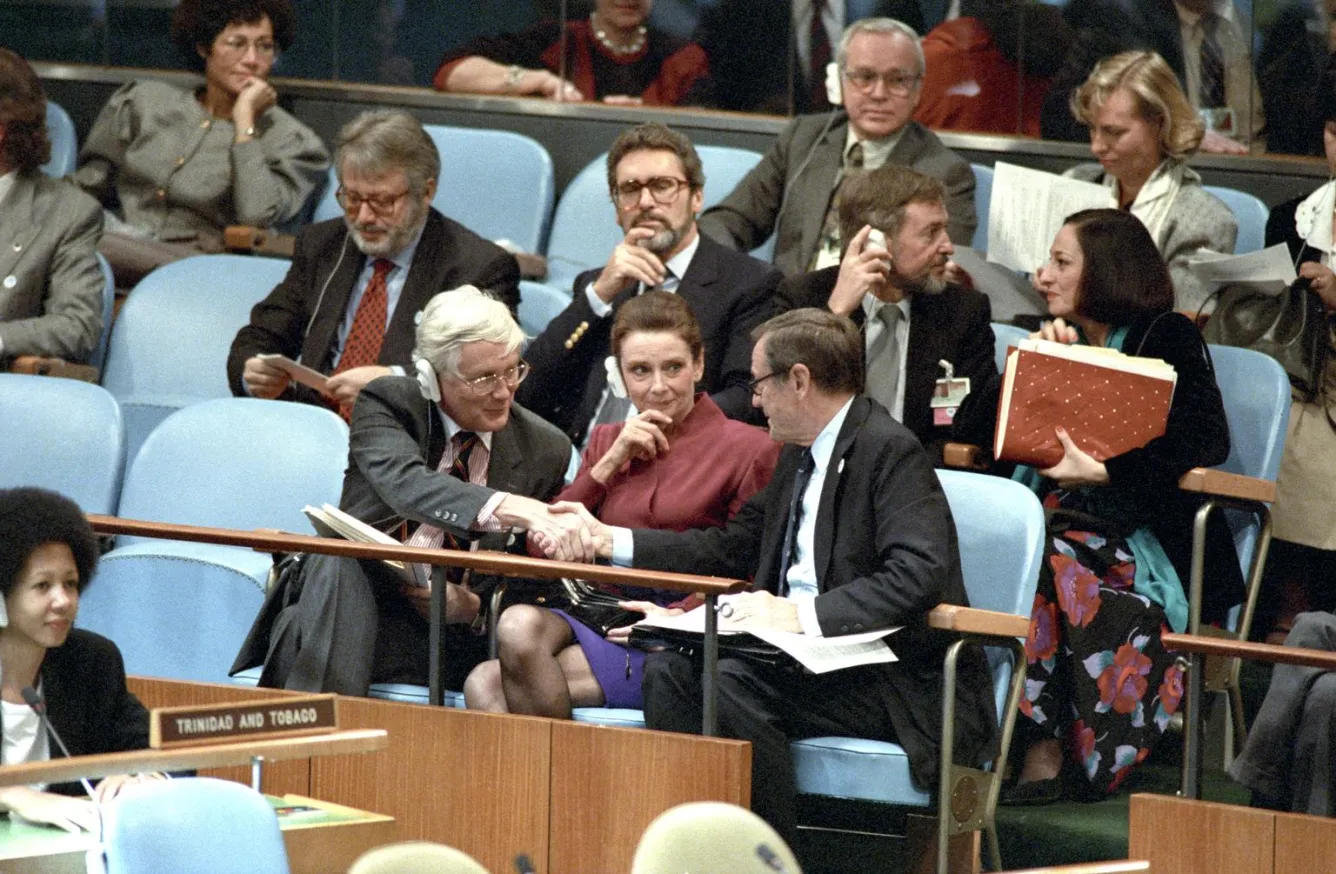
However, the list of ongoing child rights challenges is long. So as we look back on 30 years of the CRC, we should also look ahead, to the next 30 years. We must listen to you – today’s children and young people – about the issues of greatest concern to you now and begin working with you on twenty-first century solutions to twenty-first century problems.
With that in mind, here are eight areas I believe we must address – to protect your generation and the generations after you – but that also show why there is hope for the future.
1. You need clean water, clean air and a safe climate
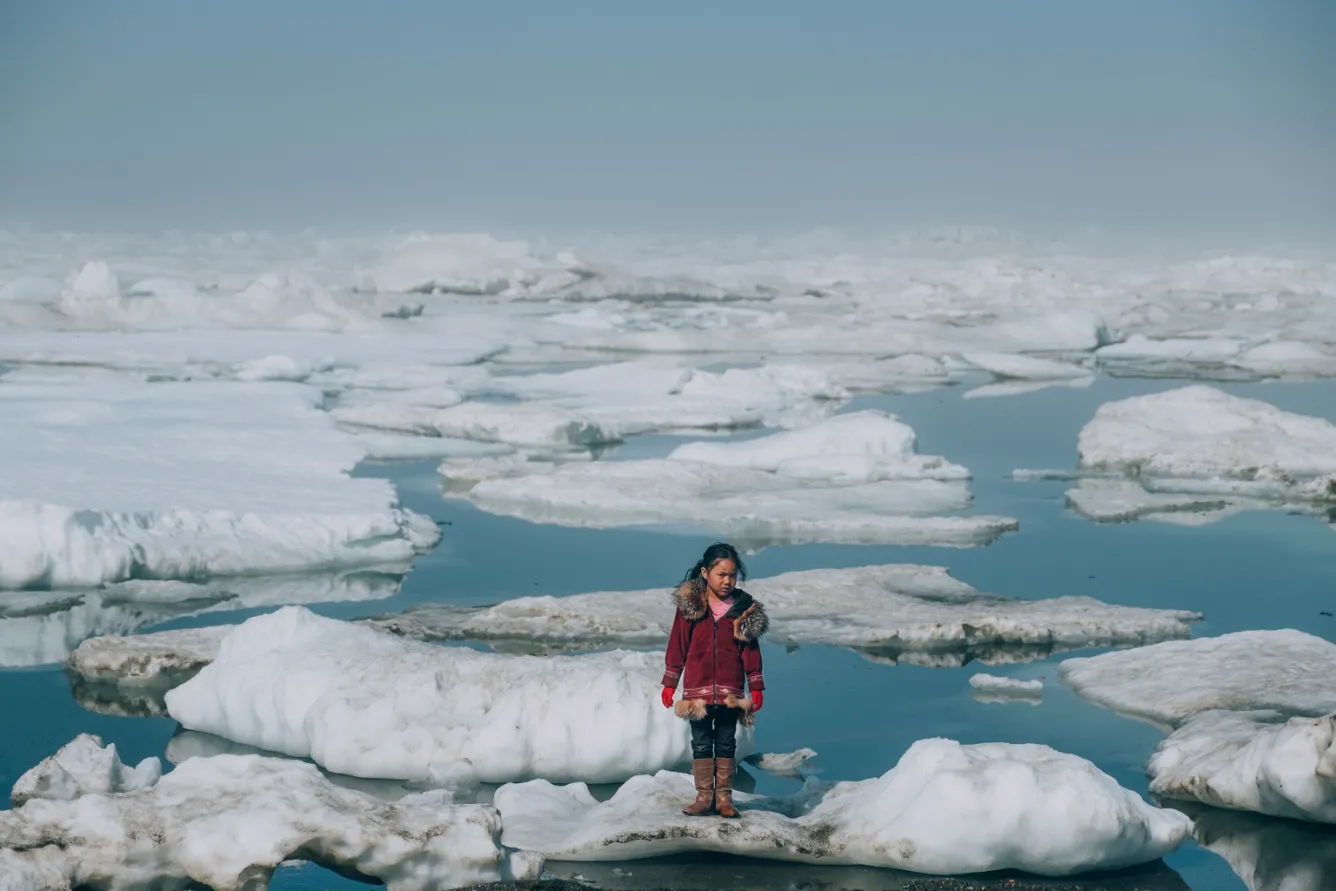
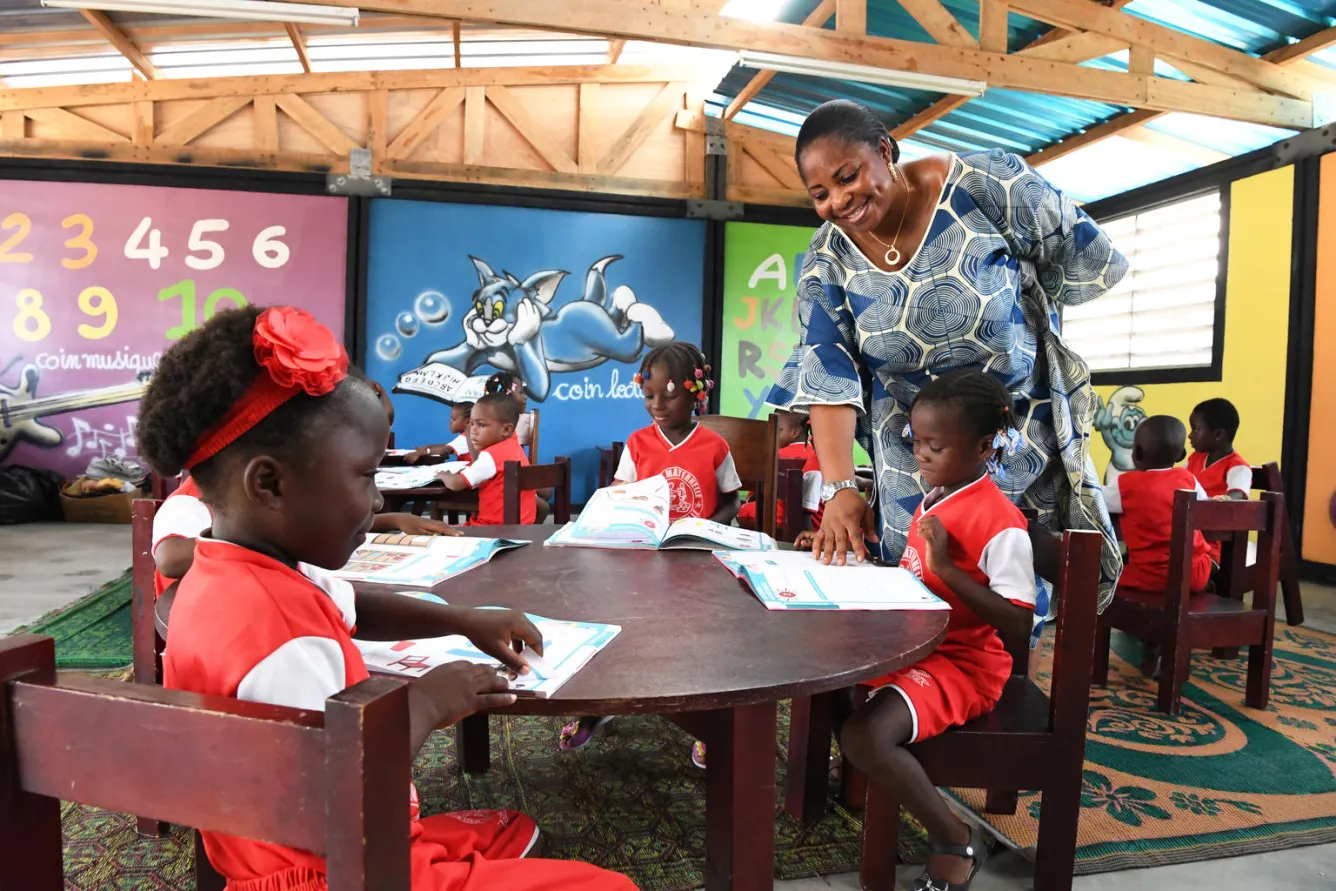
2. One in four of you are likely to live, and learn, in conflict and disaster zones
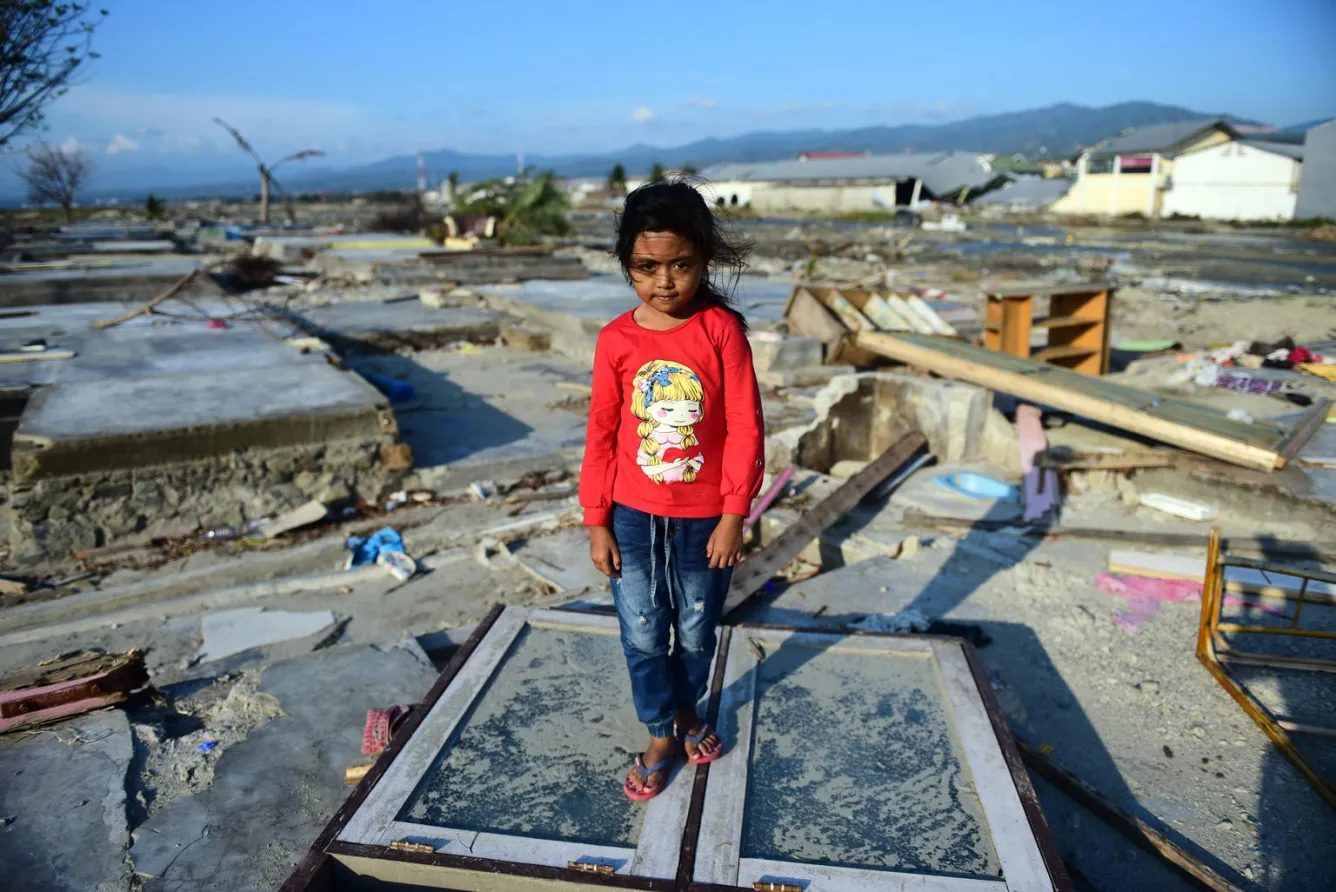
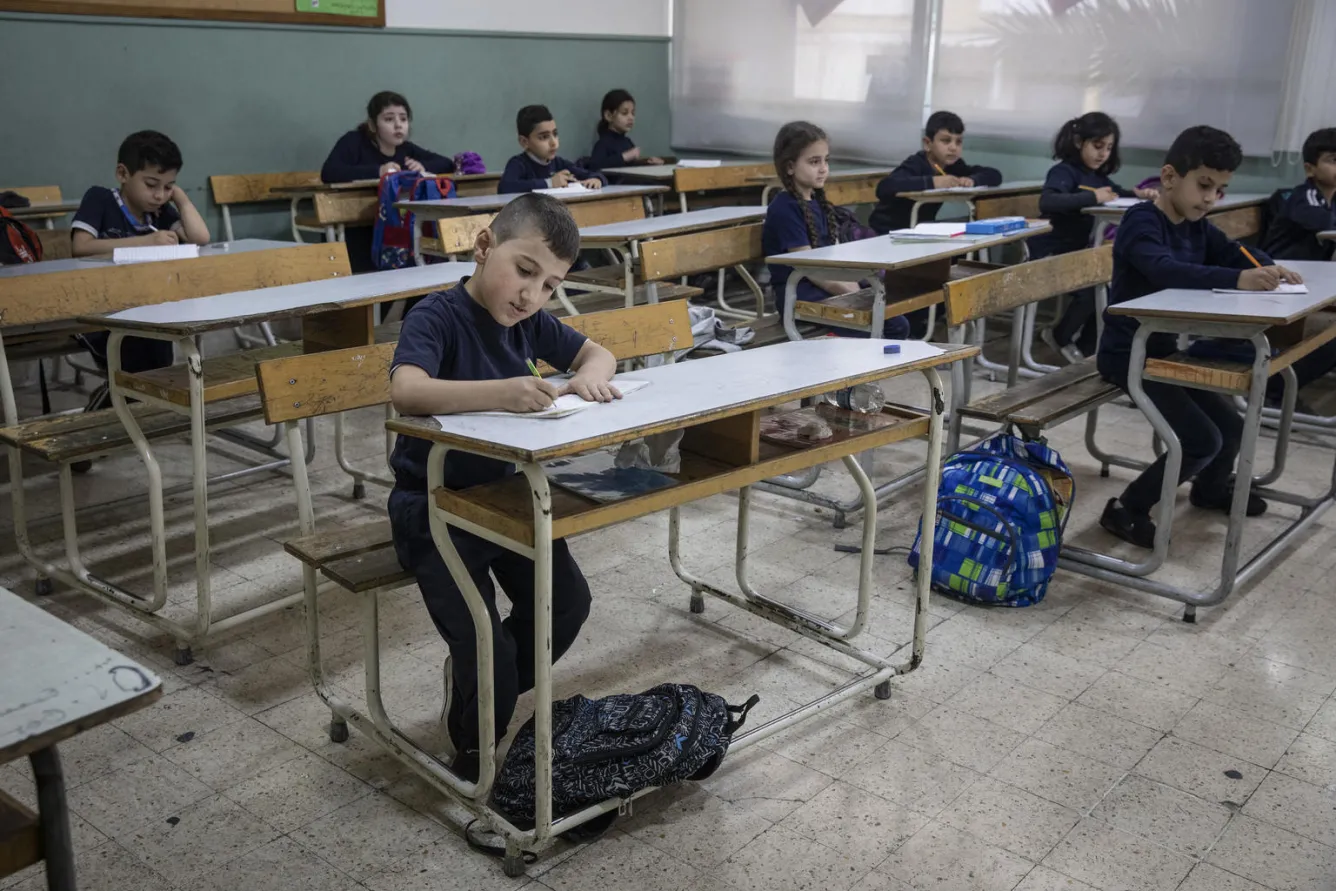
3. We must make it ok to talk about mental health
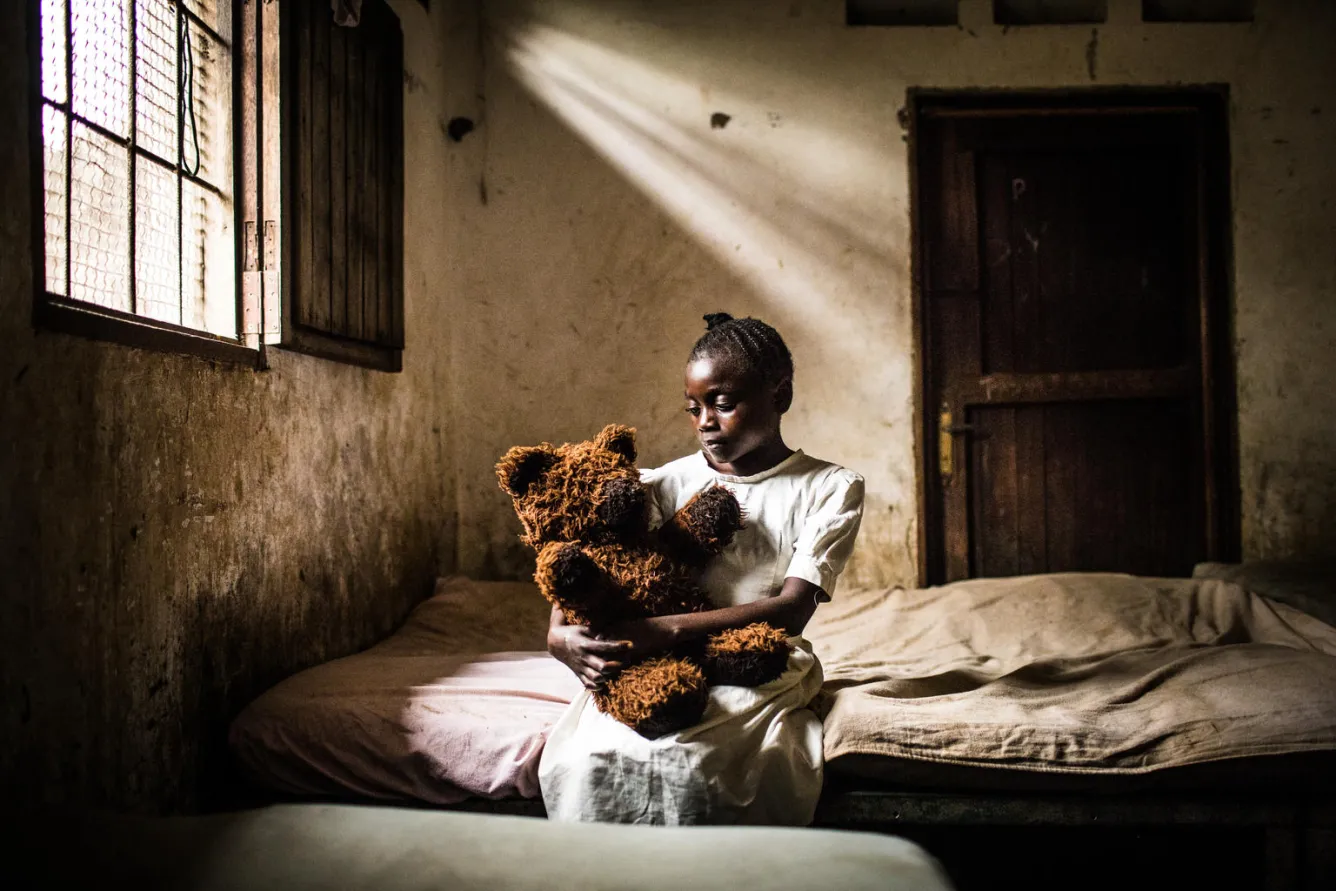
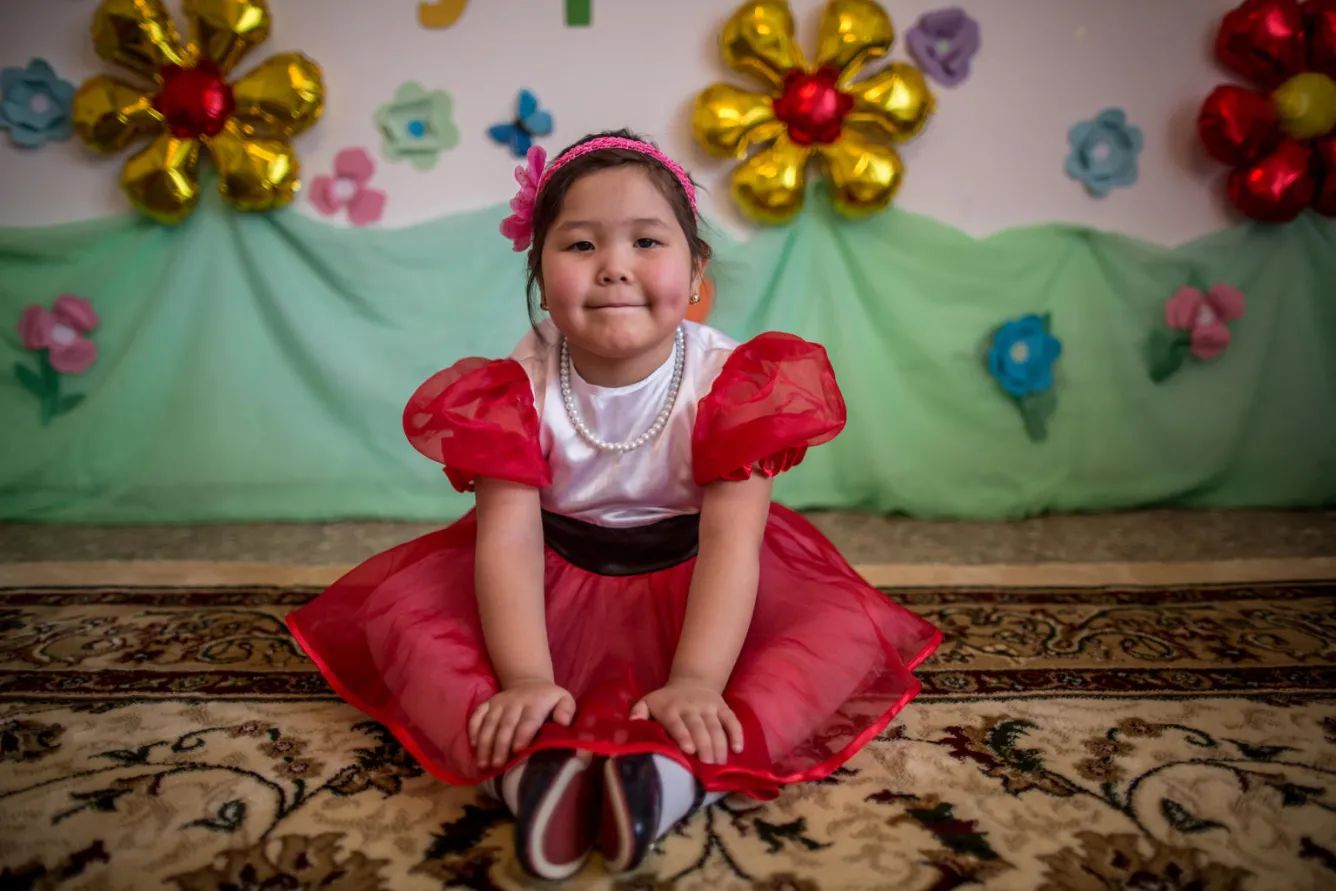
4. Over 30 million of you have migrated from your place of birth
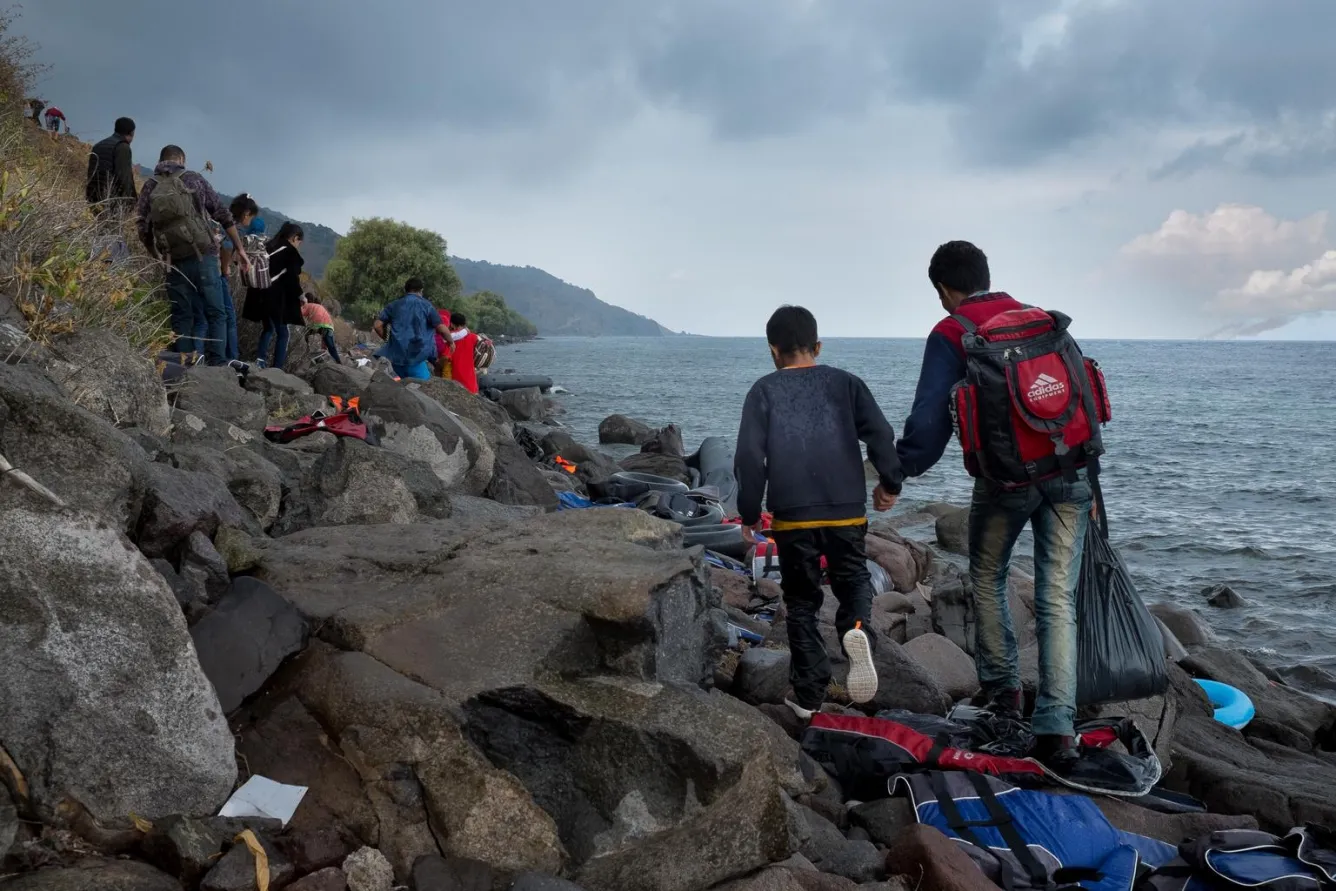
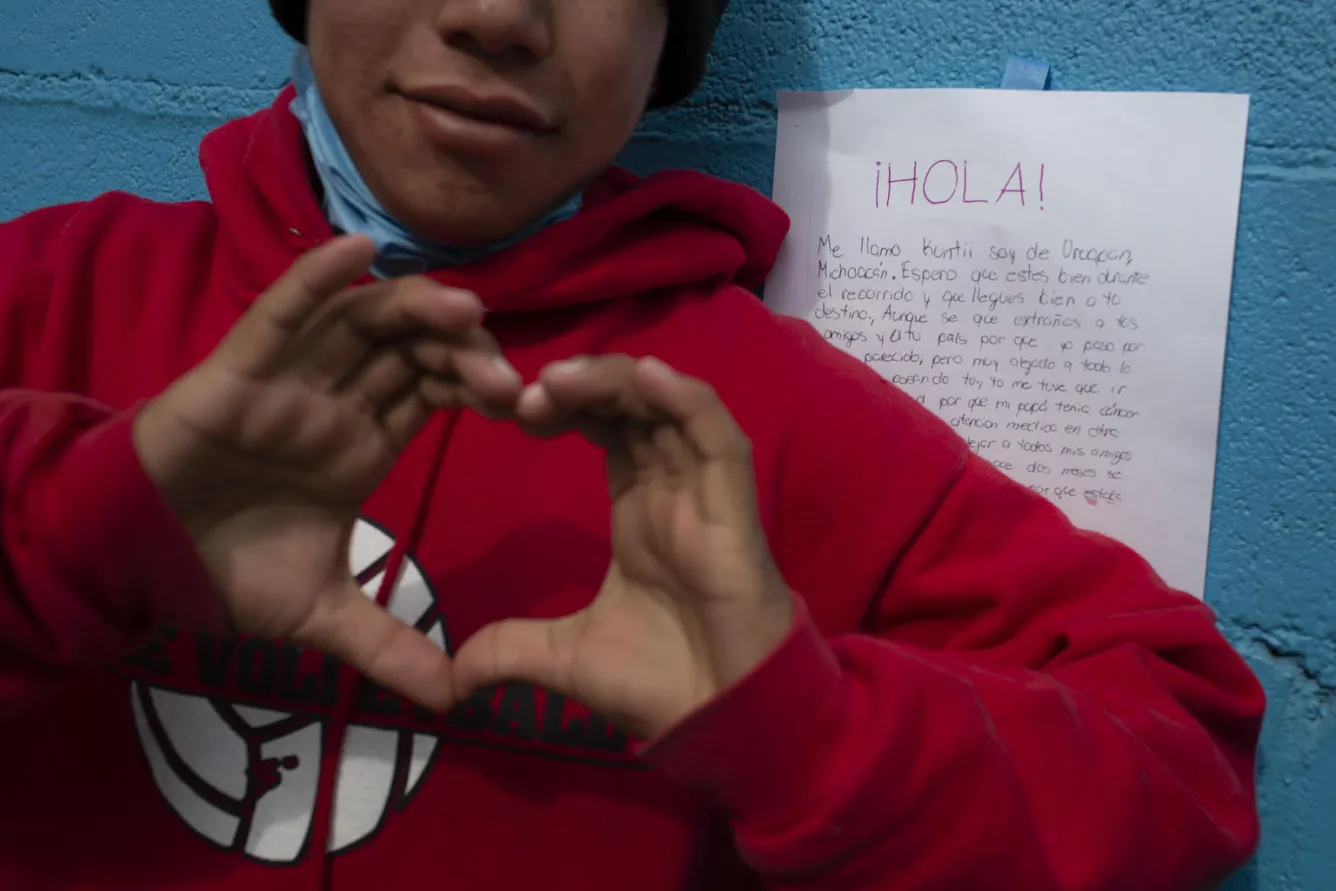
5. Thousands of you will officially never exist, unless we act.
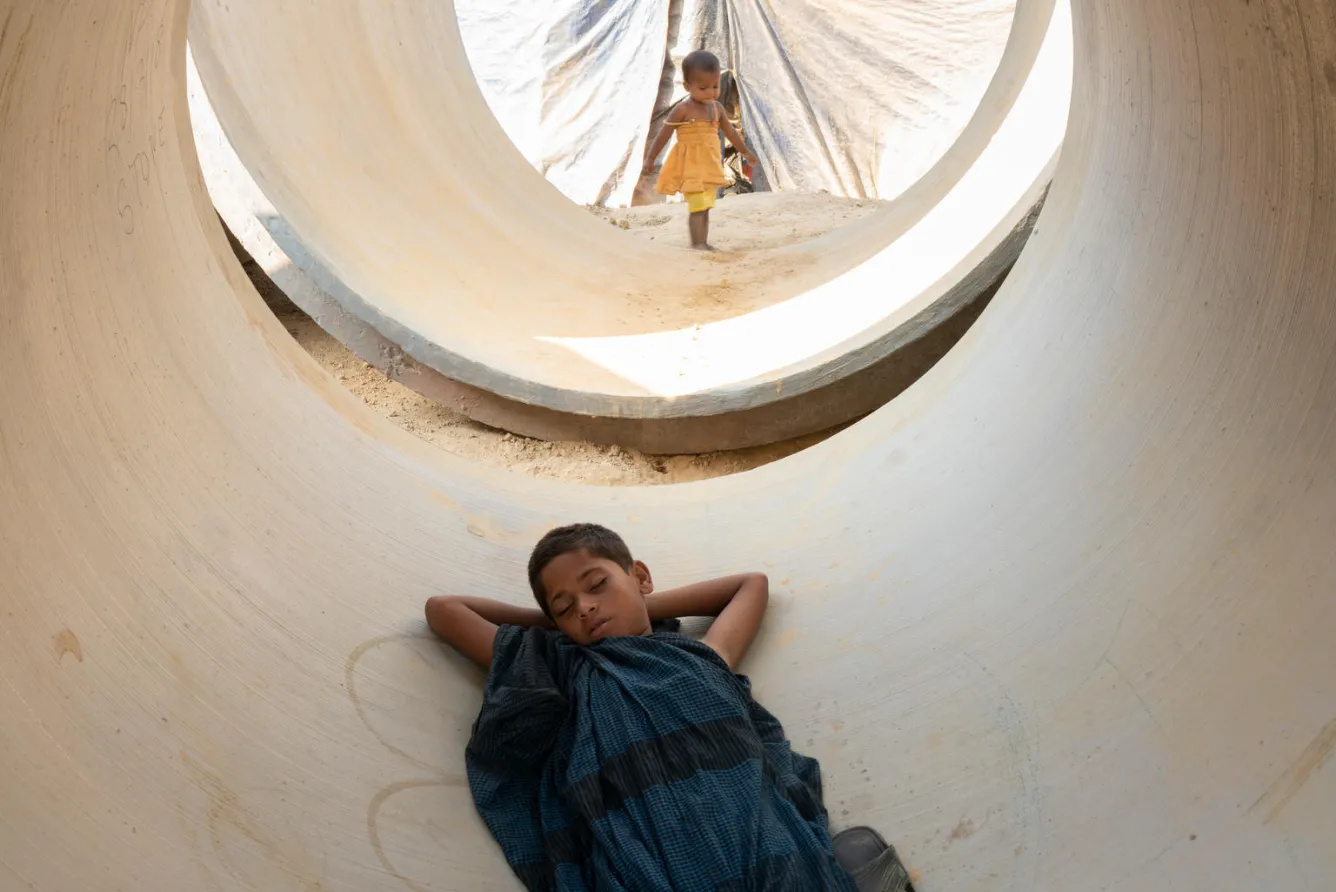
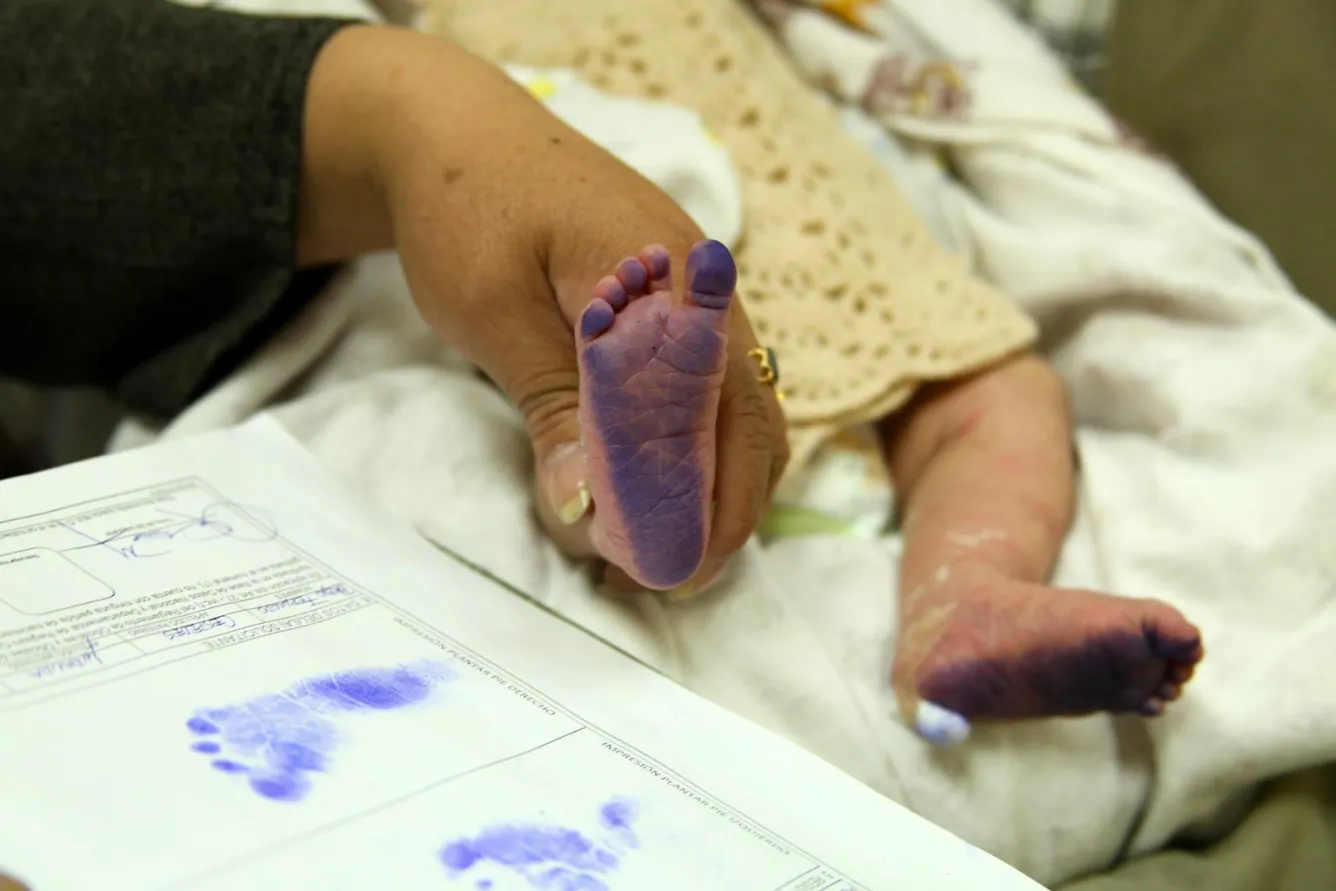
6. You need 21st century skills for a 21st century economy
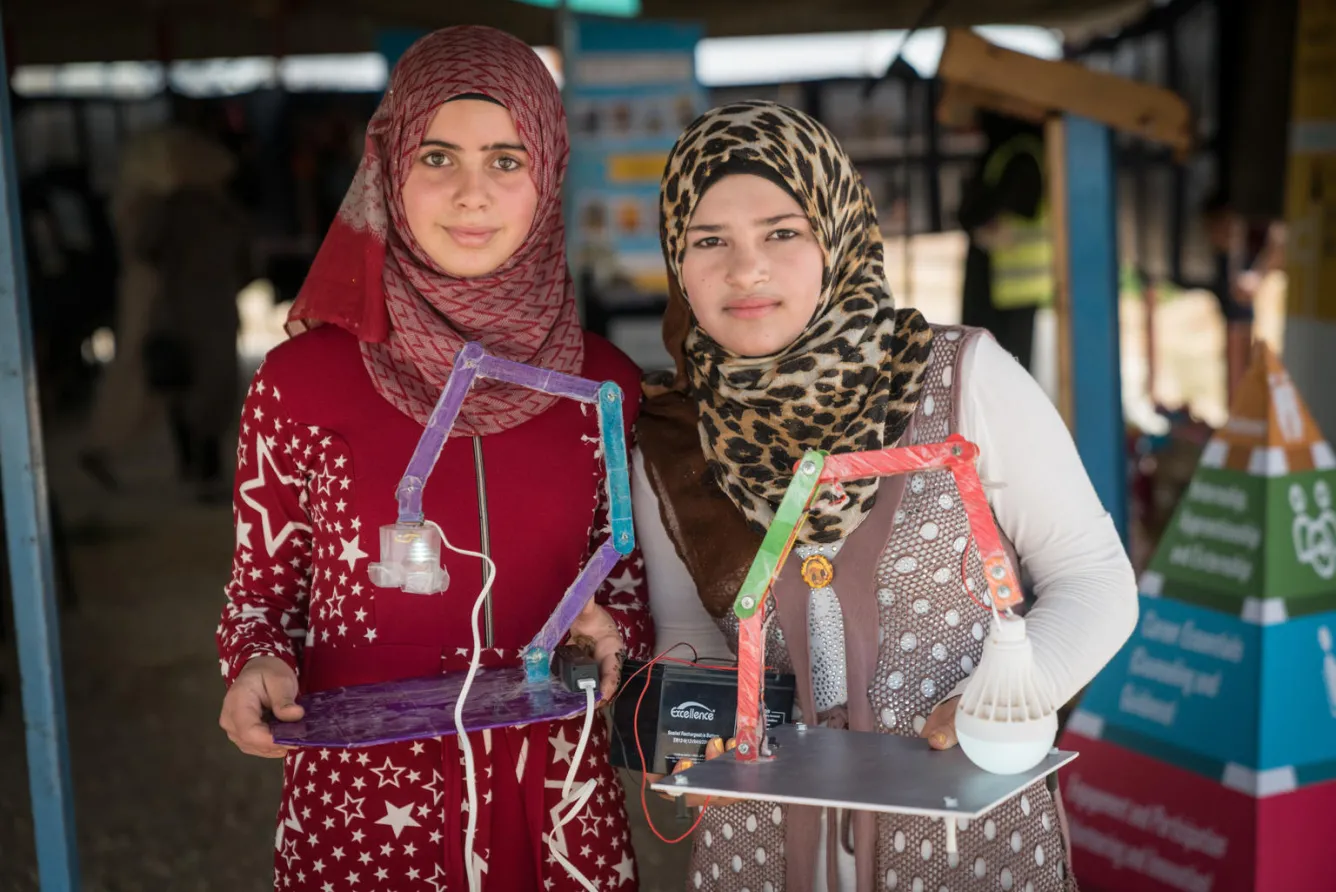
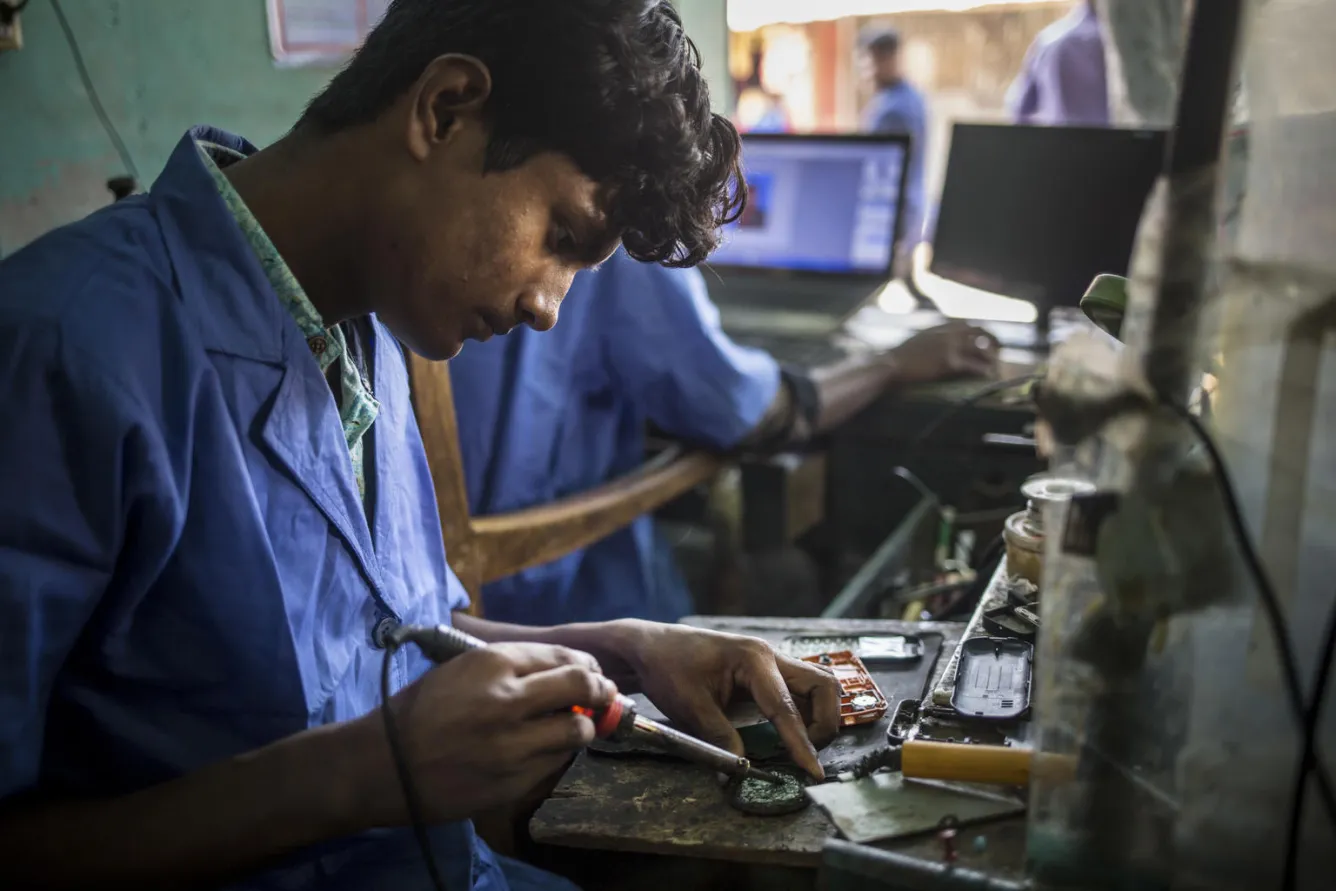
7. Your digital footprint must be protected
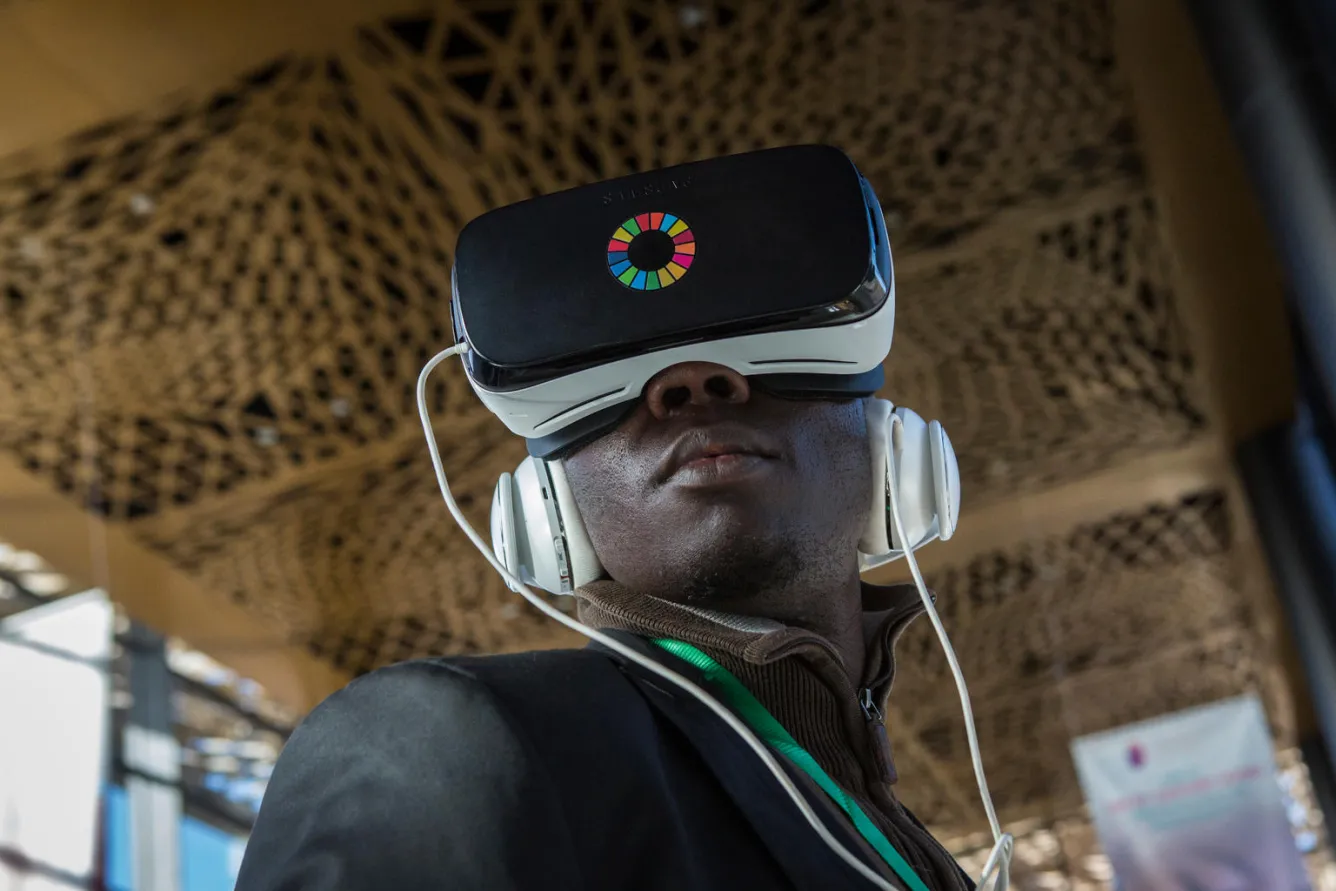
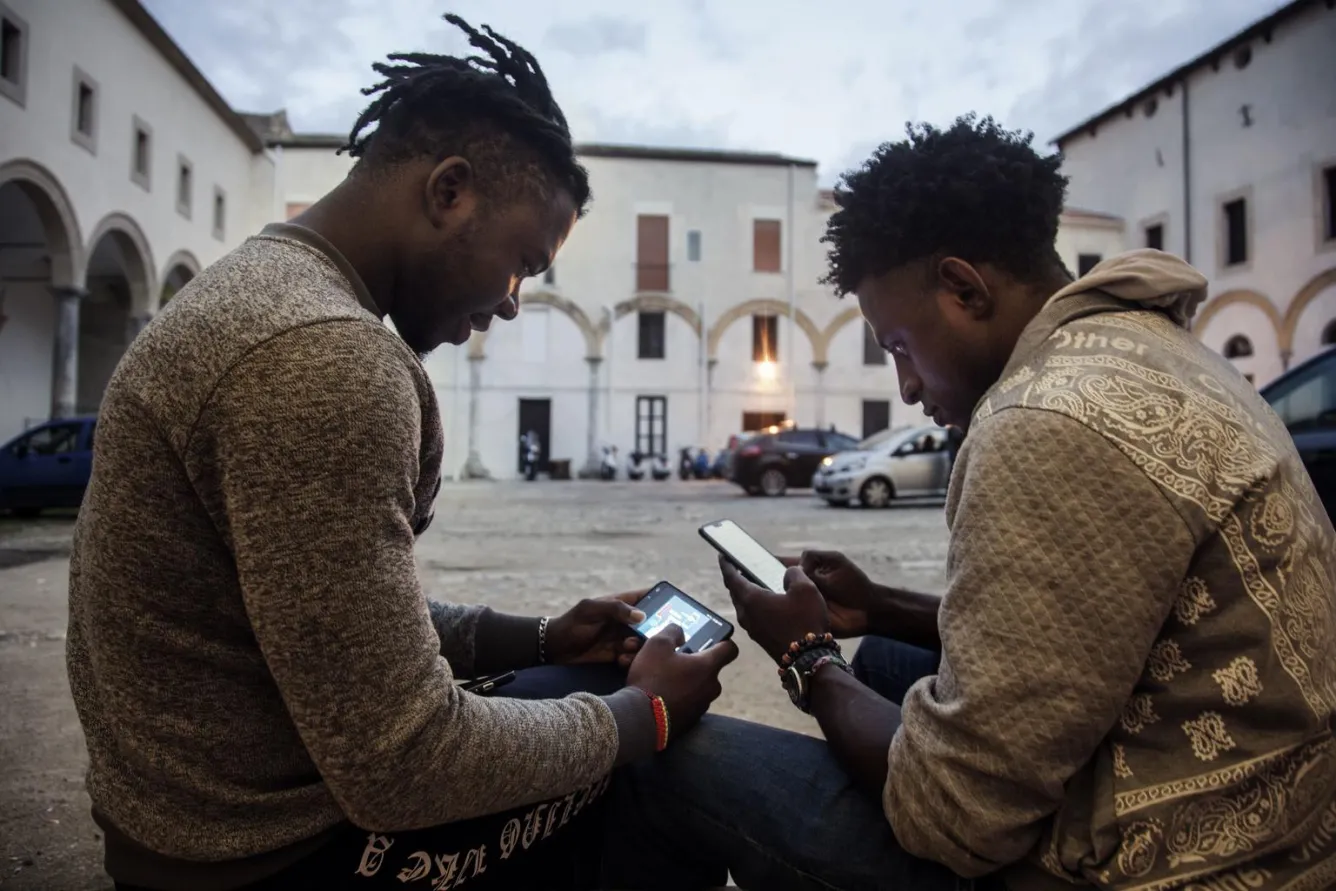
8. You might be the least trusting generation of citizens ever
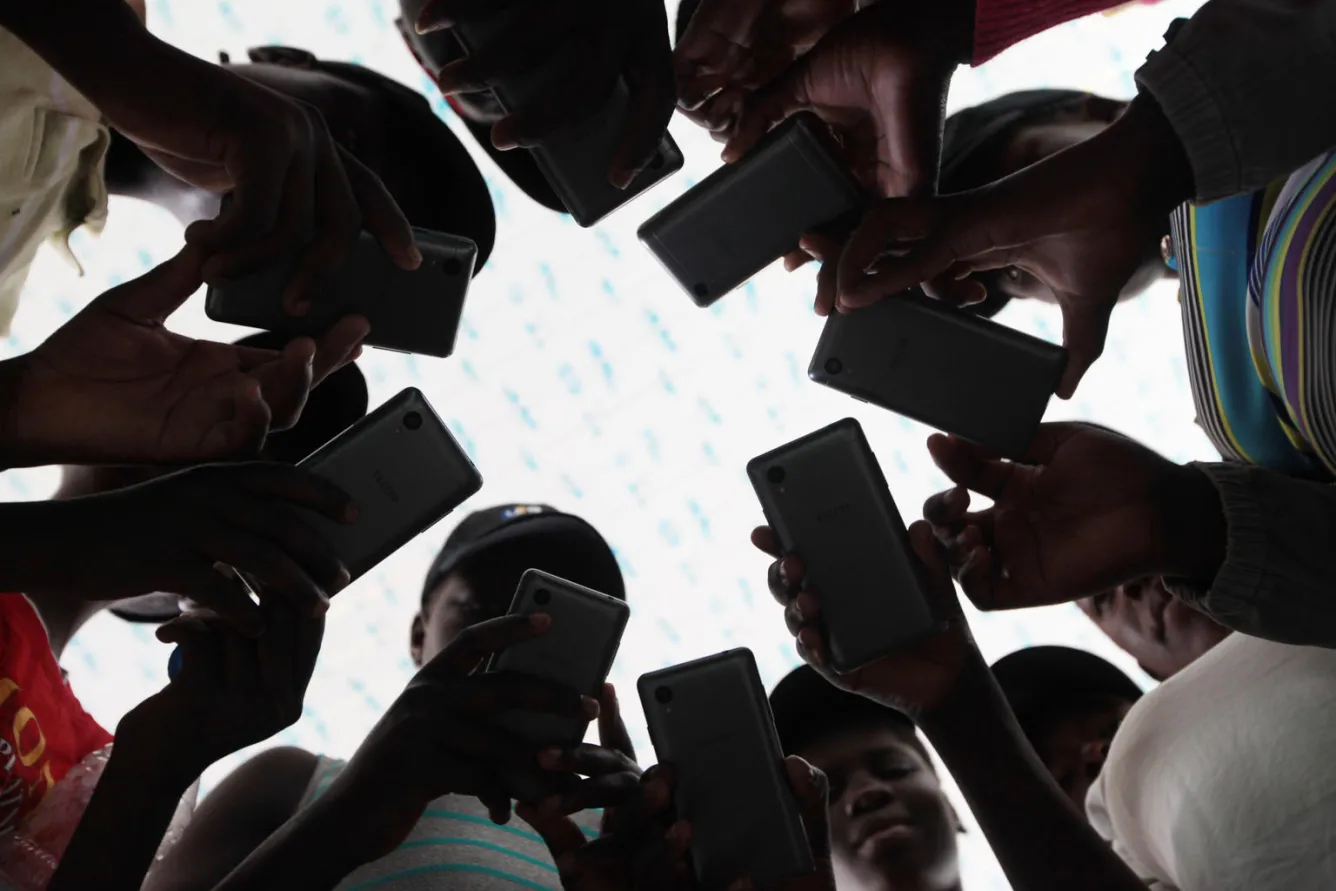
Ultimately, the biggest reason for hope is because you – the children and young people of today – are taking the lead on demanding urgent action, and empowering yourselves to learn about, and shape the world around you. You are taking a stand now, and we are listening.
Just as the children of 1989 have emerged as leaders of today, you the children and young people of 2019 are the leaders of the future. You inspire us.
We want to work together with you to find the solutions you need to tackle the challenges of today, to build better futures for yourselves and the world you will inherit.
